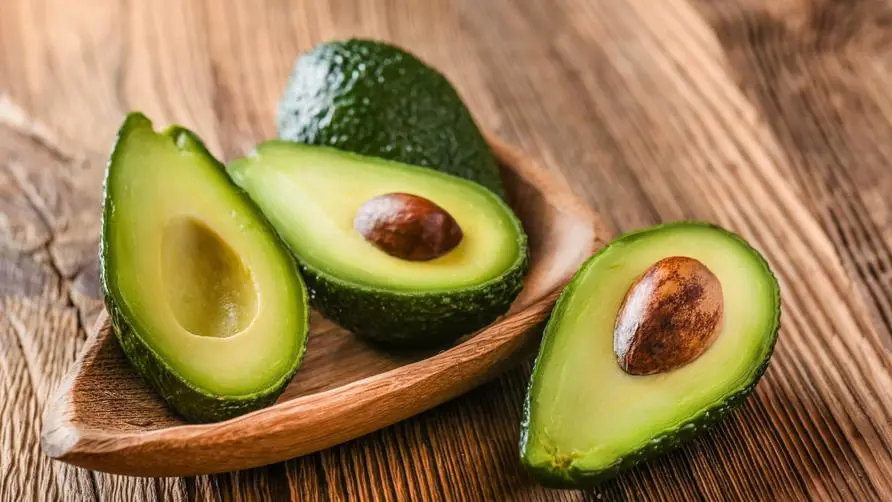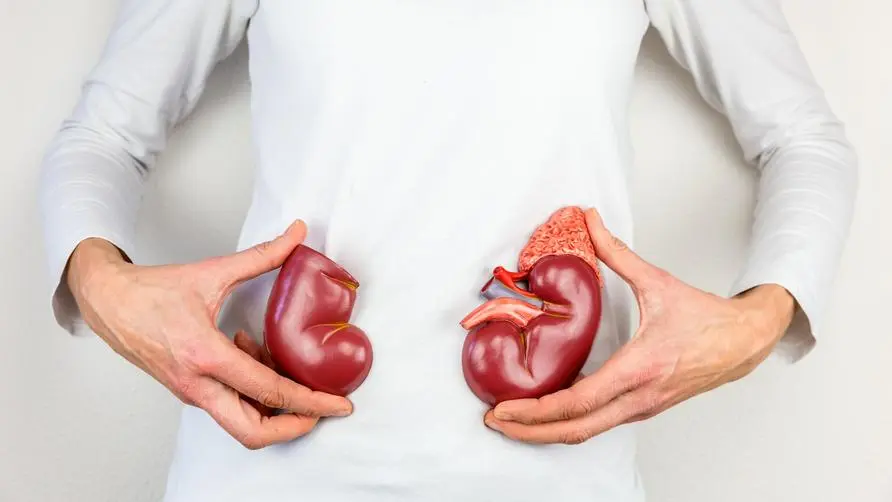"At least 7 types" of nutrients! Research shows that replacing butter and processed meat with avocado can reduce cardiovascular risk by up to 31%

Cardiovascular disease kills tens of millions of people every year American Heart Association: “Adjusting diet” is urgent
The World Health Organization (WHO) has pointed out that “cardiovascular disease” is one of the leading causes of death in the world, estimated to claim nearly 17.9 million lives every year. However, people can still prevent the threat of cardiovascular disease by changing their diet and developing exercise habits. The American Heart Association (AHA) recommends that “monounsaturated fatty acids” and “polyunsaturated fatty acids” can be used in the diet to replace the common saturated fatty acids and trans fats in life. Among them, “avocado” is rich in unsaturated fatty acids that are beneficial to the human body.
Previous studies have confirmed that avocados can reduce triglycerides, low-density lipoprotein (LDL) and total cholesterol in the human body. Research published by the American Heart Association also shows that increased avocado intake is related to a reduced risk of cardiovascular disease and coronary heart disease.
Study on replacing eggs and processed meat with avocado: cardiovascular risk reduced by up to 31%
The study involved 62,225 women and 41,701 men with no history of heart disease, stroke or cancer. The research team reviewed the medical records of the subjects and conducted dietary surveys every four years, as well as risk factors such as hypertension and diabetes diagnosed by doctors. After the study ended, a total of 14,274 cardiovascular events were reported, including 9,185 patients with coronary heart disease and 5,290 patients with stroke.
After adjusting for variables such as major diet and lifestyle, the research team found that compared with subjects who rarely or never consumed avocados, subjects who consumed avocados more than 2 times a week had an overall higher risk of cardiovascular disease. The risk of coronary heart disease dropped by 16% and the risk of coronary heart disease dropped by 21%.
The study also found that replacing mayonnaise, butter, eggs or processed meat with the same amount of avocado every day as the main source of protein intake was associated with a 19-31% reduction in the risk of coronary heart disease. There was no significant association between consuming more avocados and lowering the risk of stroke.
Avocado contains “at least 7 kinds” of nutrients? Expert: Helps reduce the risk of chronic inflammation and high blood pressure
Why does avocado have a positive effect on preventing cardiovascular disease? Lorena Pacheco, the lead author of the study and Ph.D. of Harvard School of Public Health, said that avocado itself is a nutritious fatty food. It contains a variety of beneficial ingredients, such as unsaturated fatty acids, vitamins, minerals, water-soluble dietary fiber, plant-based protein, plant sterols and polyphenols, etc.
“Avocados are rich in “monounsaturated fatty acids,” a type of healthy fat that can help reduce diseases such as high blood pressure, chronic inflammation, and insulin resistance. In addition, plant sterols can reduce the concentration of low-density lipoproteins in the body, which may This is the main reason why the subjects have better cardiovascular health,” said Dr. Pacheco.
However, Dr. Pacheco stated that the study cannot fully confirm the link between avocados and cardiovascular disease. He also pointed out that subjects who tended to eat more avocados also tended to consume more fruits and vegetables, whole grains, nuts and soy products, and it was uncertain whether this would interfere with the study results.
“It should be noted that avocados cannot replace healthy fat sources such as olive oil, nuts or other vegetable oils. Overall, a more balanced diet, such as the Mediterranean diet and DASH Diet, is still beneficial to cardiovascular health. The biggest.” Dr. Pacheco said.
Source:
Avocado Consumption and Risk of Cardiovascular Disease in US Adults
2013 AHA/ACC Guideline on Lifestyle Management to Reduce Cardiovascular Risk
Further reading:





